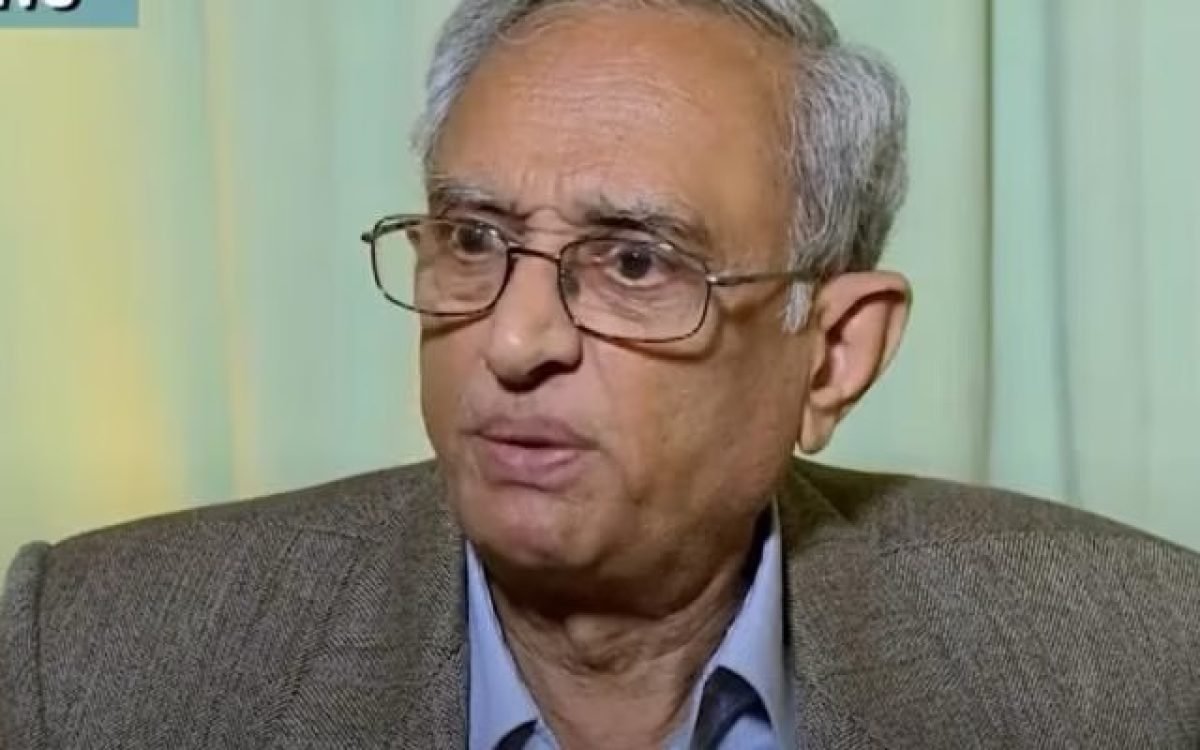Former IAS officer E.A.S. Sarma has raised concerns over the Election Commission of India’s (ECI) response, or lack thereof, to his complaint regarding Prime Minister Narendra Modi’s alleged violation of election campaign rules during a recent speech. Sarma expressed disappointment at the ECI’s silence, prompting him to question whether the commission is hesitant to take action against Modi or is afraid to act independently.
In his complaint to the ECI, Sarma highlighted statements made by Modi during an event in Tamil Nadu, where the Prime Minister reportedly invoked Hindu sentiments and accused the opposition of insulting Hinduism. Sarma argued that these statements violated the model code of conduct, which aims to regulate political conduct during elections and prevent appeals to caste or communal feelings for securing votes.
Despite Sarma’s plea for urgent action, he has not received a response from the ECI, leading him to question the commission’s impartiality and independence. He raised concerns about the ECI’s selection process, suggesting that political influences may be affecting its decisions. Sarma urged the commission to address his concerns publicly and reaffirm its commitment to being apolitical and independent.
The ECI plays a crucial role in ensuring free and fair elections by enforcing the model code of conduct, which prohibits actions that could unfairly influence voters. However, Sarma’s case highlights the challenges in upholding electoral integrity when faced with allegations of political bias or reluctance to act against powerful figures.
As the public awaits the ECI’s response to Sarma’s complaint, the incident underscores the importance of transparency, accountability, and independence in the electoral process. The commission’s handling of this matter will not only impact its credibility but also shape perceptions of electoral fairness and impartiality in the eyes of the public.









